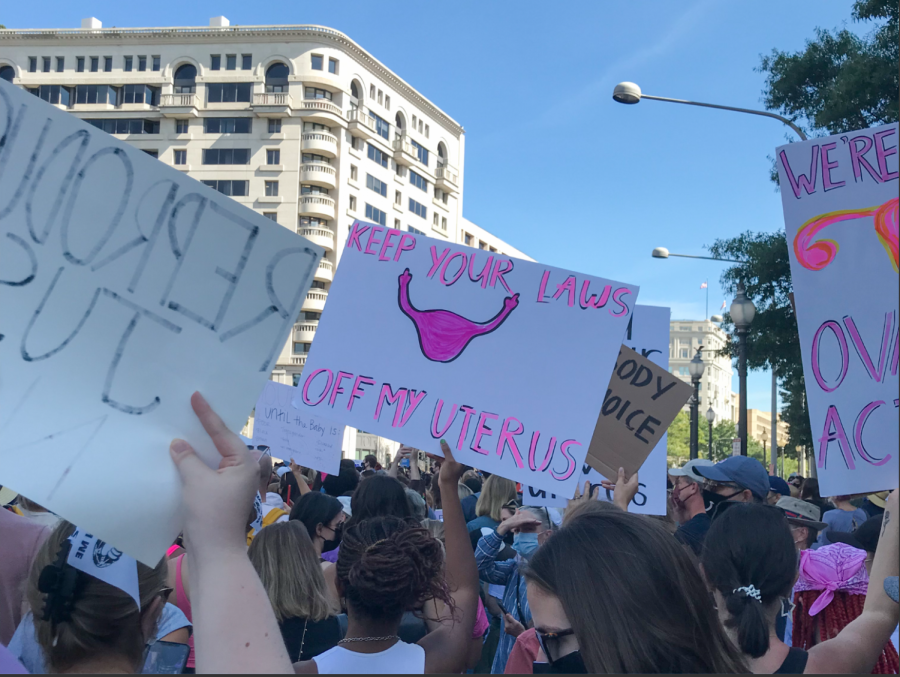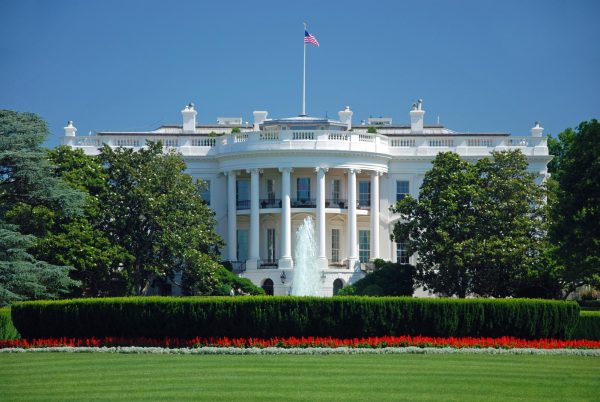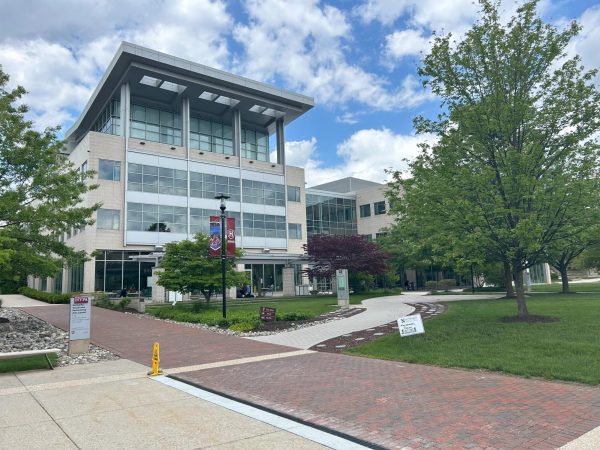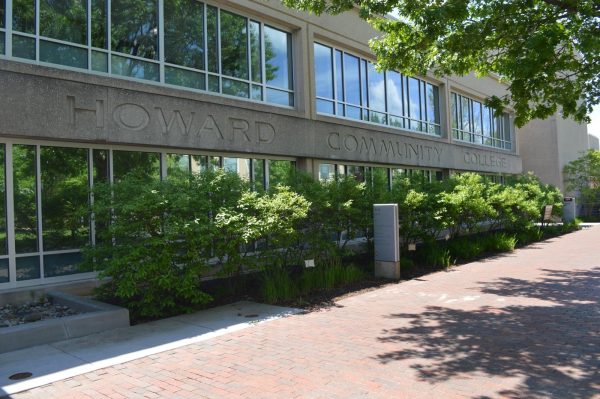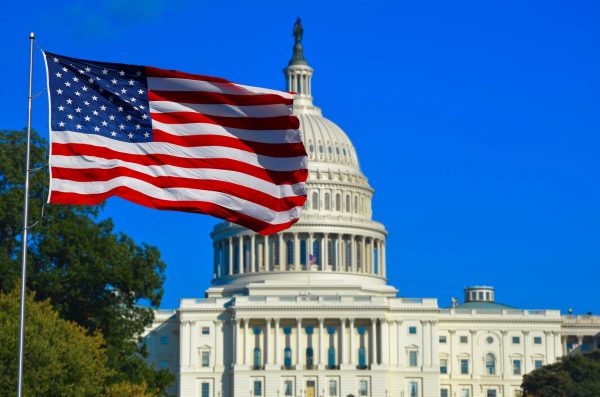The Rally for Abortion Rights
Protesters gathered in Washington, D.C. on Oct. 2 to advocate for women’s reproductive rights
Supporters of the Women’s March gathered on Oct. 2 at Freedom Plaza in Washington, D.C., to protest the recently-passed Texas law that forbids abortions after six weeks of pregnancy.
Thousands of protesters unified in the nation’s capital to defend abortion rights, holding signs displaying statements ranging from “my body, my choice” and “abortion is healthcare” to “if men could get pregnant, you could get an abortion at an ATM.”
The protest focused primarily on the Texas law but also addressed other topics present within the pro-life community.
There exists a stigma regarding abortion, and it was powerful to hear the phrase “I have had an abortion” in some of the speeches given at the protest. Such statements challenged the disapproval towards women regarding reproductive health and raised the volume on the importance of destigmatizing abortion.
One protester held a sign that read “Your Reason = Right Reason,” which pushed the point that women should not need to justify aborting a pregnancy. Abortion takes a toll on women both physically and mentally; therefore, safe access to pregnancy termination is vital in maintaining their well-being.
This access comes in various forms, from having strong support groups to not feeling ashamed or guilty about needing help. If the abortion ban passes in Texas, however, other states may enact similar legislation, causing the stigma surrounding abortion to worsen.
Such a precedent may ultimately restrict essential information about abortion that women deserve to know, whether they plan to have one or not.
Aside from the stigma surrounding it, a woman may be hesitant to get an abortion because of her religious beliefs, income or sexual orientation. Therefore, groups and organizations need to offer resources regarding abortion that address these factors.
Additionally, access to reliable and effective planned parenthood facilities is a prevalent issue, as demonizing abortion can negatively affect the image of these facilities. Such issues can deter potential donors, creating a need for financial cuts and posing difficulties with staffing and purchasing equipment.
These circumstances ultimately impact women in need of care and should be kept in mind when delving into future topics that involve women’s reproductive and sexual health.
While abortion is prevalent in the United States, it is crucial to understand that planned parenthood facilities are not simply abortion hubs; they also provide services for STI treatment and breast exams. According to the 2019-2020 Planned Parenthood annual report — only 20% of services given at planned parenthood facilities were abortion-related.
These services — listed as “birth control information and services” — refer to anything from consultations about obtaining birth control to appointments for an abortion. Ultimately, about 80% of services provided at facilities in 2019-2020 addressed health issues other than abortion.
The Oct. 2 rally highlighted the importance of reproductive freedom, choice and education. On Dec. 1, the Supreme Court will evaluate the legality of the Texas law. While abortion is currently legal in Maryland, 11 states have previously proposed legislation similar to the Texas law and may do so again if the bill gets passed.
With December looming, it is unclear as to what the court will decide. However, the protest resoundingly lent its voice to the issue and can hopefully help enact positive change. Continuing education and de-stigmatization around these issues will ideally lead to generations of healthier and better-informed women.

Melanie Price wrote for The HCC Times during the 2021-22 academic year. She published three articles, including her insightful piece on President Biden's...


